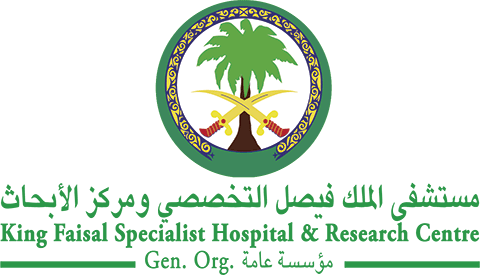Abstract
Background and objectives: Three different scores were addressed as predictors of outcomes in autologous stem cell transplant (Auto SCT): one was calculated by pretransplant characteristics (European Society for Blood and Marrow Transplantation [EBMT] risk score), and two were calculated at the onset of febrile neutropenia (Multinational Association for Supportive Care in Cancer [MASCC] and Quick Sequential Organ Failure Assessment [qSOFA]). We considered bloodstream infection (BSI), carbapenem prescription, admission to the intensive care unit (ICU), and mortality as outcomes. Patients: A total of 309 patients with a median age of 54 years were enrolled. Results: Patients with EBMT score ≥4 (EBMT 4þ) had higher ICU rates (14% vs. 4%; p < 0.01) and more carbapenem prescriptions (61% vs. 38%; p < 0.001) than those with EBMT score
Recommended Citation
Barros, Tiago A.; Schaffel, Rony; Azevedo Neto, Geraldo S. de; Lucena Gaio, Bianca de; Batista, Arthur T.; Valentim, Marcia R.; Maiolino, Angelo; and Garnica, Marcia
(2022)
"Application of EBMT, MASCC and qSOFA scores to predict complicated febrile neutropenia and mortality in autologous stem cell transplant recipients,"
Hematology/Oncology and Stem Cell Therapy: Vol. 16
:
Iss.
4
, Article 12.
Available at: https://doi.org/10.56875/2589-0646.1034
Creative Commons License

This work is licensed under a Creative Commons Attribution-Noncommercial-No Derivative Works 4.0 License.
Included in
Cancer Biology Commons, Hematology Commons, Oncology Commons

